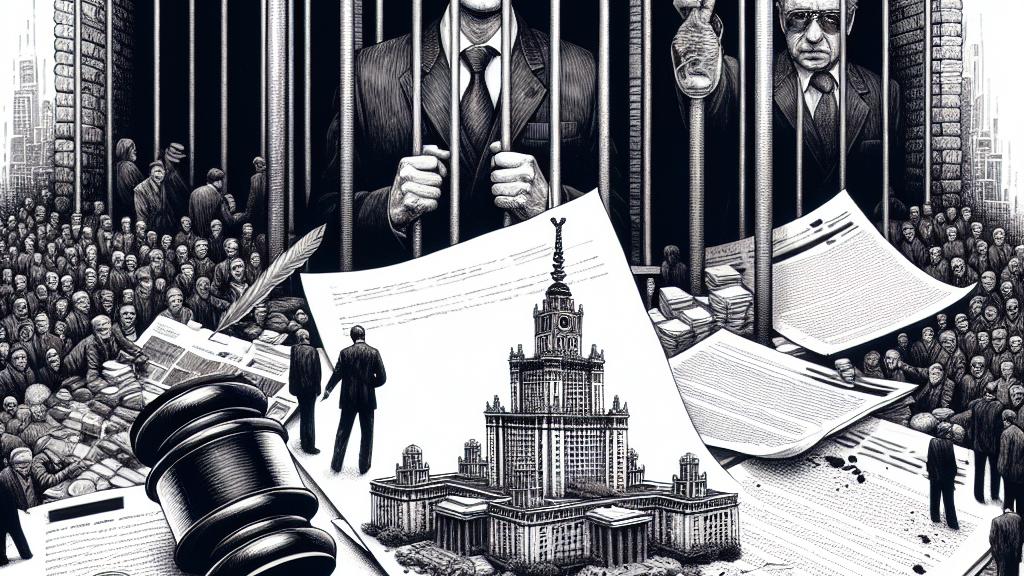Ko's Call to Action: 'Keep Pushing Forward' from Behind Bars!
Overview
- Ko Wen-je, Taiwan People's Party leader, detained in connection with a corruption scandal.
- Taipei District Court reverses earlier release decision, citing new evidence against Ko.
- In a powerful message to supporters, Ko emphasizes resilience and positivity amid challenges.

Ko Wen-je's Controversial Detention
The political scene in Taiwan has been shaken by the recent detention of Ko Wen-je, the leader of the Taiwan People's Party (TPP) and former mayor of Taipei, due to serious corruption allegations stemming from his time in office. The Taipei District Court's ruling to keep him incommunicado follows a reversal of its previous decision, when Ko was initially set to be released without bail. Prosecutors have introduced new evidence suggesting that Ko was deeply involved in corrupt practices concerning real estate transactions, particularly related to the development of Core Pacific City. These developments not only underscore the gravity of the allegations against Ko but also highlight broader systemic issues regarding accountability and transparency in Taiwanese politics, fueling public discourse surrounding the integrity of political figures.
Ko's Uplifting Message to His Supporters
In the wake of his detention, Ko Wen-je took to social media to address his supporters with a heartfelt video message, urging them to 'keep pushing forward.' He expressed his sincere apology for any distress his situation may have caused and encouraged them to focus on self-care, stating, 'The best way to help me is to take good care of yourselves.' This display of strength and determination resonates with his supporters, allowing them to feel connected and motivated despite the turbulent circumstances. The TPP has rallied around Ko, claiming that the allegations are politically motivated attempts to undermine his leadership, which further intensifies the narrative of political victimization among his followers.
Implications for Taiwan’s Political Landscape and Future
Ko Wen-je's ongoing legal troubles could significantly impact the future of the TPP and the upcoming presidential elections. As the party's candidate, Ko's detention poses potential risks to voter sentiment regarding not only his candidacy but also the TPP's credibility amidst corruption allegations. The party argues that decision-making during the controversial Core Pacific City project involved various officials, thereby distributing accountability rather than placing it solely on Ko. This case intricately weaves into the fabric of Taiwan's political narrative, raising critical dialogues around governance, judicial integrity, and public trust. As the situation unfolds, how Ko and his party navigate these challenges may shape voter perceptions and ultimately influence electoral outcomes, marking a pivotal moment in Taiwan's democratic process.

Loading...